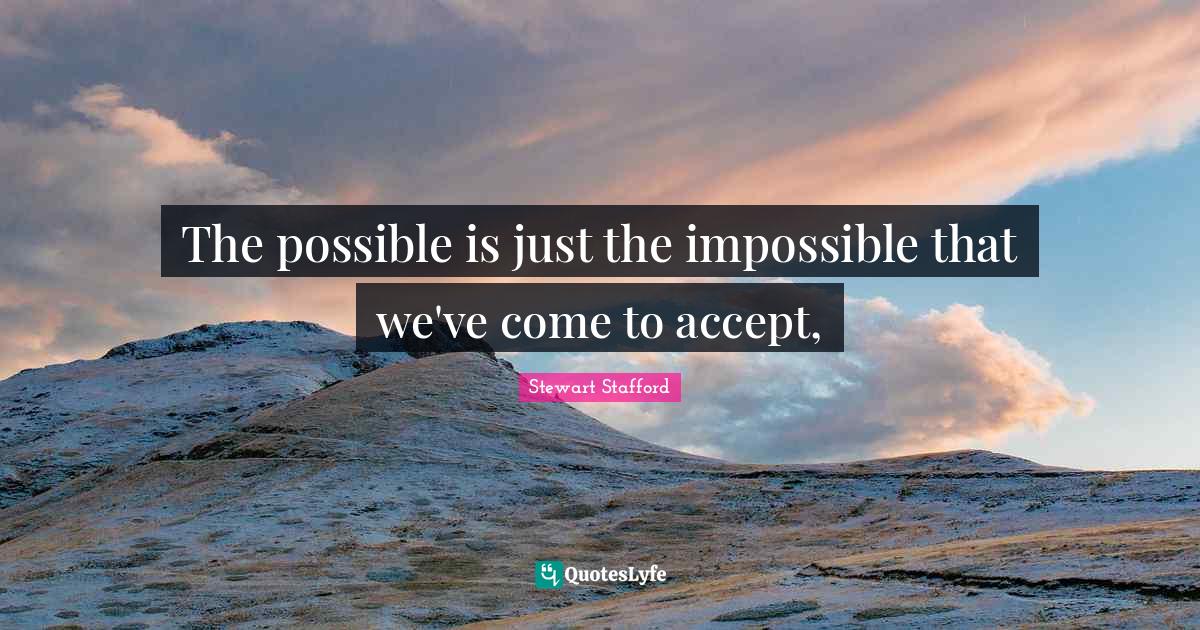The Benefits of Regret
I can't believe it's already the end of December. It seems this past year was both unending and insanely short. (Or is that just me?) I introduced the blog's theme of motivation in March and--while it hasn't been a full year--it seems fitting to look back at that theme and start planning for 2022. (It will probably be March again before I'm able to write 2022 without either first writing 2021 or feeling the need to double-check that I'm not making up a year).
My WriteCast cohost, Claire Helakoski, will be posting an episode focused on SMARTER goals at the beginning of next month and the discussion we had got me thinking about how we can use reflection--as well as careful planning for the future--to ensure we move forward in our most important goals. In particular, I'm wondering if there's a way to reframe supposed 'failures' and regrets so they can propel us in a positive way rather than holding us back.
Much research has been done on the ways thoughts impact reality. As productivity coach Michael Hyatt (2021) put it, "we tend to experience what we expect...our success ultimately depends on our ability to tell the difference between reality and the story we are telling ourselves...when we believe we can't, we don't. The difference is all in our heads" (p. 18). Similarly, author Stewart Stafford argued, "the possible is just the impossible that we've come to accept" (QuotesLyfe.com). Basically, how we frame things in our own minds is important.
This is why I think it would be a good idea to (re)frame how we might usually think about our past mistakes, regrets, and anything we might consider a failure. Some of my favorite motivational quotes run along the lines of, 'failures are actually opportunities for learning' but at times this can seem cliché or flippant. Personally, I find these quotes inspiring in general, but less helpful in times I find myself overthinking things I've done or avoided doing. If you're like me, hearing "don't think about pink elephants" instantly conjures images of those animated "heffalumps" from "Winnie the Pooh and the Very Blustery Day" (or some other version of elephants in shades of faded red). And quotes like "we learn from failure, not from success", at a time when I'm overthinking, read as platitudes rather than sound advice (Stoker, 2000, p. 103).
Research has also found that attempting to 'just get on with things' rather than allowing yourself to deal with regret is actually more damaging than we might think. Janet Landman (1993), a psychologist from the University of Michigan posited, "Regret may not only tell us that something is wrong, but it can also move us to do something about it" (p. iii). And University of Illinois researchers Neal Roese and Amy Summerville (2005) conducted an in-depth study about regret and found "people's biggest regrets are a reflection of where in life they see their largest opportunities; that is, where they see tangible prospects for change, growth, and renewal" (p. 1273). Basically, we tend to particularly dwell on mistakes we've made where we are most easily able to determine what misstep preceded, or what alternative action could have likely changed the outcome for the better.References
Hyatt, M. (2021). Your best year ever. Michael Hyatt & Company, Inc.
Landman, J. (1993). Regret: The persistence of the possible. Oxford University Press.
QuoteLyfes.com. (n.d.) Steward Stafford quotes. https://www.quoteslyfe.com/quote/The-possible-is-just-the-impossible-that-258026
Roese, N. J., & Summerville, A. (2005). What we regret most...and why. Personality and Social Psychology Bulletin, 31(9), 1273-1285. https://doi.org/10.1177/0146167205274693
Stoker, B. Dracula. Dover Publications, Inc.
Kacy Walz is a writing instructor from St. Louis, MO. She is currently working on a PhD in Literature from the University of Missouri. Along with her work on the blog, Kacy also cohosts the Walden Writing Center podcast. She enjoys piña coladas and getting caught in the rain.
.png)







No comments :
Post a Comment